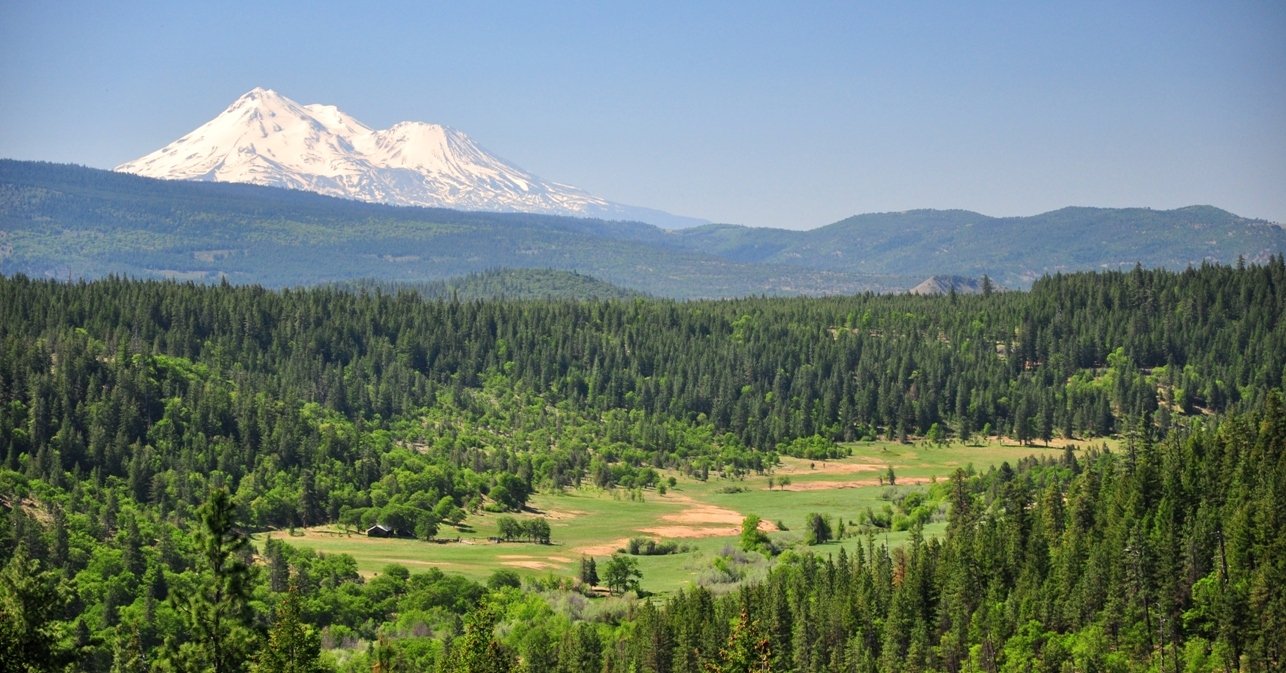The history of congressional and other actions to facilitate retirement of federal grazing permits
Read MoreRetiring Grazing Permits, Part 2: History of the Voluntary Retirement Option

Greg Walden
The history of congressional and other actions to facilitate retirement of federal grazing permits
Read MoreCompared to its political equal Washington, arch-liberal California, arch-conservative Idaho, and politically purple Nevada, Oregon has the least designated wilderness acreage and the smallest percentage of the state’s lands protected as wilderness.
Read MoreWhen Representative Greg Walden (R-2nd-OR) hears “the Rogue,” he happily dreams of the roar of chainsaws. But now Walden is down and Representative Peter DeFazio (D-4th-OR) is up, and the stars have aligned to save the Wild Rogue. You can help.
Read MoreA bill that gives away 32,261 acres of federal public land in Oregon has been signed into law by President Donald Trump. The new owners are expected to intensively log and road their new holdings.
Read MoreElections matter, and the 2018 midterm election mattered a lot.
Read MoreCurrently, less than 1 percent of Oregon streams, by mileage, are included in the National Wild and Scenic Rivers System. An estimated additional 10,000 miles (less than 3 percent of the total mileage) of Oregon streams are eligible for inclusion.
Read MoreThe Hammonds, Mr. President, are not persons of generally good character. “Devoted family men” do not abuse minor children in their family.
Read MoreDespite its imperfections, the Wilderness Act is a wonderful law, worth defending against all attacks and attackers.
Read MoreAbstaining from mineral development offshore is the only way to protect the marine environment and the renewable resources that depend upon it.
Read MoreMany politicians call for a return to the era of bipartisanship as a solution to any woe. This call has resonance because the bipartisan era occurred in the living memory of baby boomers. But in the long arc of history this era did not last long, and the evidence of today does not give much hope of a return to it.
Read MoreHowever, their cosponsoring a tundra wilderness bill in Alaska and a red rocks wilderness bill in Utah—at relatively large acreages of 1.6 and 9.1 million acres respectively—contrasts unfavorably with the Oregon congressional delegation’s efforts to conserve and restore Oregon’s green forests, tan deserts, and blue waters for the benefit of this and future generations.
Read MoreIn 1986, Congress enacted the Columbia River Gorge National Scenic Area Act to, among other things, “establish a national scenic area to protect and provide for the enhancement of the scenic, cultural, recreational, and natural resources of the Columbia River Gorge.” In 2017, Representative Greg Walden (R-2nd-OR) proposes to throw it out the window.
Read MoreWho wouldn’t want “resilient” (“able to withstand or recover quickly from difficult conditions”) forests? With the name Resilient Federal Forests Act of 2017 (H.R.2936, 115th Congress), what could possibly be wrong with this bill?
Everything. Judge neither a book by its cover nor a bill by its name.
Introduced by Representative Bruce Westerman (R-4th-AR), the bill is the timber industry’s wet dream legislation. In only his second term in Congress, Westerman has received more campaign contributions from Big Timber than any other industry.
The Westerman bill would legislate horrifically harmful public forest policy into law.
Read More
Crabtree Lake in Crabtree Valley, home to some of the largest and oldest trees in Oregon, located on western Oregon public lands administered by the Bureau of Land Management, in Linn County, is part of the proposed Douglas-Fir National Monument. Photo: David Stone, Wildlands Photography.
There is no question that an Act of Congress can eliminate, shrink, or weaken a national monument proclaimed by a president pursuant to authority granted by Congress. What Congress giveth, Congress can taketh away. The property clause of the U.S. Constitution (Article 4, Section 3, Clause 2) ensures that. Yet in fifty-five Congresses over the past 110 years, Congress has rarely acted to eliminate, reduce, or weaken a national monument proclamation by a president.
Read MoreAt 61 and with acrophobia, I’m no use in climbing old trees to defend them from the chainsaw. But a younger generation of activists will sit, en masse, in those threatened old-growth trees, in front of bulldozers, and/or in appropriate offices. And if it comes to that, I’m happy to get arrested in offices of the Forest Service, the Bureau of Land Management, the Republican Party, the timber industry, or elected officials.
Bring it on, President Trump. Bring it on, Big Timber. Bring it on, Rep. Walden. Go ahead, make my day: reignite the Pacific Northwest timber wars.
Let the battle be joined, as nothing less is at stake than the lands and forests we leave to future generations.
Read More